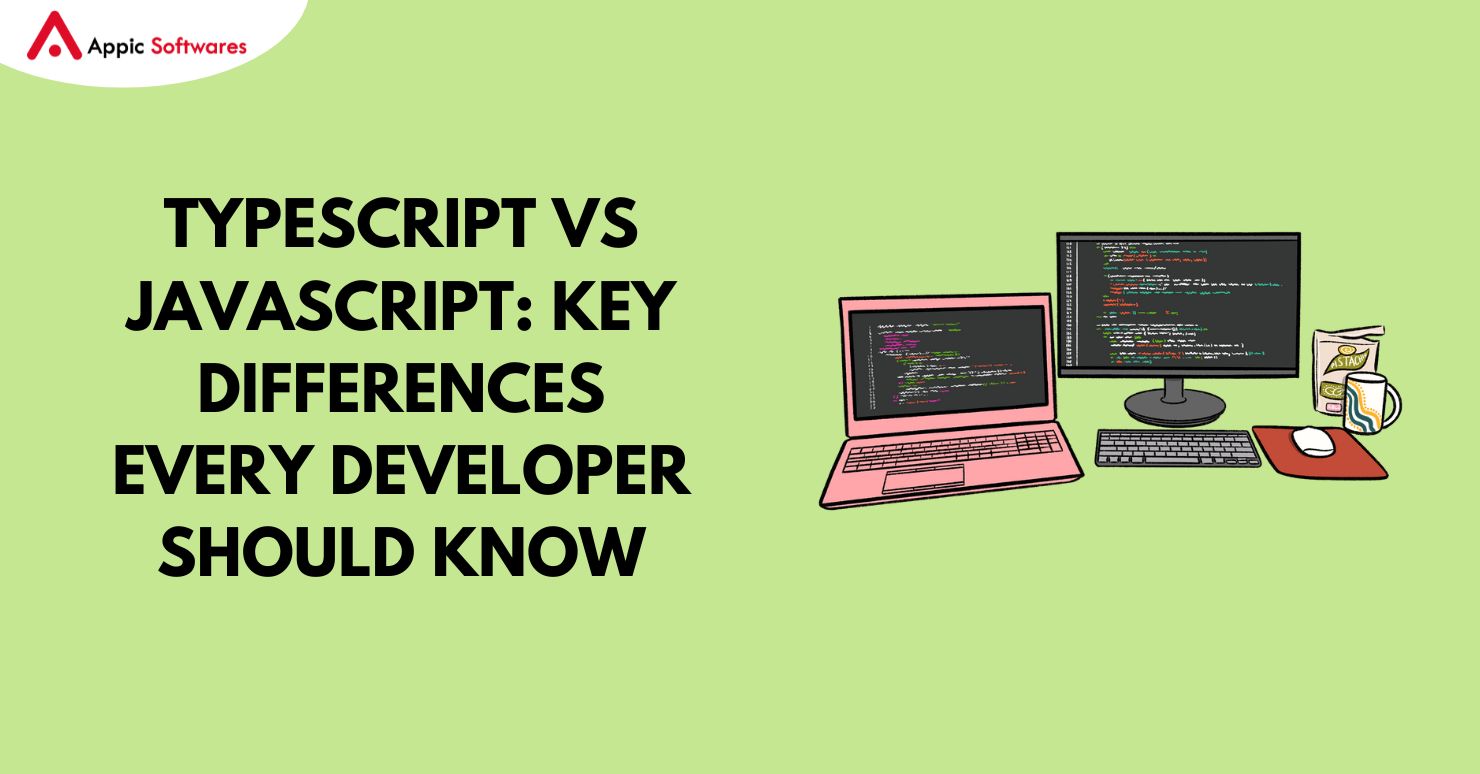
Generative artificial intelligence (AI) is poised to revolutionize the real estate business with its game-changing capabilities. With a predicted CAGR of 11.52% from 2023–2032, the worldwide generative AI in real estate market size is expected to grow from an initial 2022 valuation of $351.9 million to a final 2032 valuation of around $1,047 million. This cutting-edge technology is reshaping traditional practices, unlocking new possibilities, and optimizing every facet of real estate operations. From cash flow analysis to investment advice and environmental risk assessment, generative AI is revolutionizing how real estate professionals operate and make critical decisions.
In this article, we delve into 12 use cases of generative AI in real estate, spanning across technical, strategic, and visualization domains. Each use case exemplifies the immense potential of generative AI to streamline processes, enhance decision-making, and drive unparalleled innovation in the real estate sector. Partnering with a top real estate app development company like Appic Softwares can further accelerate the integration of these AI solutions into powerful digital platforms tailored for real estate businesses.
How Generative AI Works

Generative AI operates by learning patterns and structures within a dataset and using this knowledge to generate new samples that resemble the original data. This is achieved through the use of complex algorithms and neural networks, which are trained on large datasets to capture underlying patterns and relationships.
12 Use Cases Of Generative AI In Real Estate
1. Qualitative Data In Cash Flow Analysis
- Description: Generative AI enables real estate professionals to utilize qualitative data effectively in cash flow analysis.
- Process: AI algorithms extract insights from various reports, such as market analysis, property assessments, and demographic studies.
- Benefits:
-
- Informative cash flow projections based on comprehensive data analysis.
- Enhanced accuracy in financial forecasting.
- Informed decision-making regarding investment opportunities and property management strategies.
2. Add Visual Information To Quantitative Analysis
- Description: Generative AI seamlessly incorporates visual information into quantitative analysis processes.
- Process: AI algorithms quantify the contents of listing photos, extracting valuable insights into property features and conditions.
- Benefits:
-
- Enhanced decision-making for potential buyers or investors by providing visual insights into property attributes.
- Improved property valuation accuracy through visual data analysis.
- Streamlined due diligence processes through automated image analysis.
3. Simple Forecasting With Basic Data
- Description: Generative AI simplifies forecasting processes, even for individuals lacking econometric skills.
- Process: AI algorithms analyze basic data inputs, such as historical sales data, market trends, and demographic information.
- Benefits:
-
- Accessibility to forecasting tools for individuals without specialized expertise.
- Reliable forecasts are generated quickly and efficiently.
- Informed decision-making regarding property investments and management strategies based on data-driven insights.
4. Waterfall Distribution Models
- Description: Generative AI enables the creation of waterfall distribution models using only textual descriptions.
- Process: AI algorithms understand and process textual descriptions to construct comprehensive distribution models.
- Benefits:
-
- Efficient resource allocation and decision-making based on detailed distribution models.
- Streamlined communication of complex financial structures through text-based modeling.
- Accessibility to advanced financial modeling tools for professionals without specialized technical skills.
5. Explain And Model Environmental Asset Risk
- Description: Generative AI provides comprehensive insights into environmental risks associated with real estate assets.
- Process: AI algorithms analyze vast datasets and leverage advanced algorithms to model environmental risk factors.
- Benefits:
-
- Proactive risk management through early identification and mitigation of environmental risks.
- Informed decision-making regarding property investments and development projects.
- Enhanced sustainability practices through a better understanding of environmental impact.
6. Matching Assets To Investors
- Description: Generative AI facilitates data-driven asset allocation by matching properties to investors based on specific criteria.
- Process: AI algorithms analyze diverse datasets, including investor preferences, property characteristics, and market trends, to identify optimal matches.
- Benefits:
-
- Efficient investment decision-making by matching properties to investors based on individual preferences and objectives.
- Maximization of investment returns through targeted asset allocation.
- Streamlined investment processes through automated matching algorithms.
7. Modeling Property Prices
- Description: Real estate professionals can develop customized economic models for property pricing using generative AI.
- Process: AI algorithms harness advanced econometric techniques to create accurate and predictive pricing models.
- Benefits:
-
- Optimized property valuations and investment strategies based on data-driven pricing models.
- Improved transparency and accuracy in property pricing.
- Enhanced decision-making regarding property acquisitions, sales, and leasing activities.
8. Automated Valuation Models
- Description: Generative AI empowers real estate professionals to develop automated valuation models without coding expertise.
- Process: Stakeholders leverage AI-driven algorithms to automate the valuation process, enhancing efficiency and accuracy.
- Benefits:
-
- Streamlined property appraisal processes through automation.
- Increased accuracy in property valuations.
- Accessibility to valuation tools for professionals without coding expertise.
9. Analytical Portfolio Building
- Description: Generative AI enables the creation of optimal portfolios in minutes by analyzing diverse datasets and identifying lucrative investment opportunities.
- Process: AI algorithms analyze market trends, asset performance, and risk factors to build portfolios that maximize returns and minimize risk.
- Benefits:
-
- Efficient portfolio optimization is based on comprehensive data analysis.
- Maximization of investment returns through diversified portfolios.
- Streamlined portfolio management processes through automated analytics.
10. Risk Analysis
- Description: Generative AI facilitates advanced risk analysis by processing complex datasets and providing comprehensive risk assessments.
- Process: AI algorithms analyze diverse risk factors, including market volatility, economic indicators, and geopolitical events, to evaluate and mitigate potential threats.
- Benefits:
-
- Informed decision-making regarding investment strategies and risk management.
- Early identification and mitigation of potential risks.
- Enhanced portfolio resilience through proactive risk analysis.
11. Discounted Cash Flow
- Description: Generative AI simplifies the calculation of discounted cash flows, providing a basic yet useful tool for real estate professionals.
- Process: AI algorithms automate the DCF analysis process, enabling stakeholders to evaluate investment opportunities accurately and efficiently.
- Benefits:
-
- Accessibility to valuation tools for professionals without specialized financial expertise.
- Enhanced decision-making regarding investment opportunities.
- Streamlined financial analysis processes through automation.
12. Investment Advice Based On Forecast Reports
- Description: Generative AI synthesizes vast amounts of forecast reports to provide tailored investment advice.
- Process: AI algorithms analyze trends and patterns across multiple reports to generate insightful recommendations for investment decision-making.
- Benefits:
-
- Informed investment decisions based on a comprehensive analysis of forecast reports.
- Tailored investment advice that considers individual preferences and objectives.
- Enhanced confidence in investment strategies through data-driven insights.
Examples Of Generative AI In Action
- Generating realistic property images for listings and marketing materials.
- Creating simulated scenarios for risk analysis and decision-making.
- Developing customized economic models for forecasting and valuation.
- Personalizing property recommendations for buyers and investors based on preferences and criteria.
- Automating the generation of property descriptions and listing details.
Future Prospects And Challenges
While generative AI holds immense promise for transforming the real estate industry, it also presents certain challenges, such as ensuring the ethical use of generated content and addressing biases in training data. However, with ongoing advancements in AI technology and increased adoption by real estate professionals, the potential for innovation and growth in this field remains vast.
Conclusion
As the worldwide market for generative AI in real estate continues to grow, industry stakeholders need to embrace this transformative technology and explore its full potential. By adopting Generative AI solutions, real estate companies can gain a competitive edge, optimize operations, and deliver exceptional value to clients and investors.
To unlock the full potential of generative AI in real estate and stay ahead of the competition, it’s crucial to partner with a trusted and innovative technology provider. Appic Softwares stands out as a leading real estate app development company, offering cutting-edge generative AI solutions tailored to the unique needs of the industry.
With a track record of delivering exceptional results and a team of experts dedicated to driving innovation, Appic Softwares is committed to helping real estate professionals harness the power of generative AI to transform their businesses and achieve their goals.
Don’t miss out on the opportunity to revolutionize your real estate operations with generative AI. Contact us today to learn more about our advanced AI solutions and take your business to new heights.
FAQs
Q . What is generative AI in the context of real estate?
A: Generative AI in real estate refers to the use of advanced algorithms that can create, simulate, or optimize content such as property designs, investment strategies, property descriptions, or marketing materials enhancing how real estate businesses operate.
Q . How does generative AI help with property listings?
A: Generative AI can automatically write compelling and SEO-friendly property descriptions, generate multiple listing versions, and suggest optimized content formats based on target buyer preferences saving time and improving engagement.
Q . Can generative AI be used for designing homes or buildings?
A: Yes. Generative design tools can create architectural layouts, simulate building materials, and even suggest structural improvements—helping architects and real estate developers make faster, data-driven design decisions.








